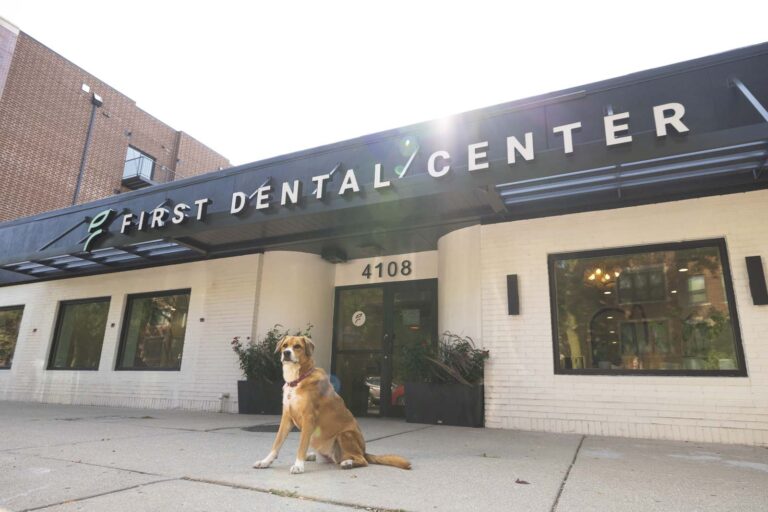A root canal is a dental procedure that is used to save a tooth when the nerves inside it get inflamed. The infected tissue must be removed by the dentist to save the tooth and get rid of the pain. After the removal, the infected area is cleaned properly.
Symptoms of Root Canal Infection
If a patient is suffering from an infected root canal, they will most likely experience severe pain and other symptoms such as:
– Intense and persistent toothaches
– Sensitivity to hot and cold food and drinks
– Tender and swollen lymph nodes
– Reoccurring abscesses on the gums
In most cases, a crown needs to be placed after the root canal treatment to protect the tooth from further damage.

